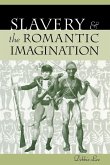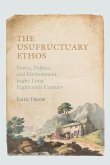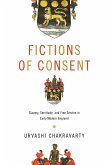In seventeenth- and eighteenth-century Britain, captivity emerged as a persistent metaphor as well as a material reality. The exercise of power on both an institutional and a personal level created conditions in which those least empowered, particularly women, perceived themselves to be captive subjects. This "domestic captivity" was inextricably connected to England's systematic enslavement of kidnapped Africans and the wealth accumulation realized from those actions, even as early fictional narratives suppressed or ignored the experience of the enslaved. Domestic Captivity and the British Subject, 1660-1750 explores how captivity informed identity, actions, and human relationships for white British subjects as represented in fictional texts by British authors from the period.
This work complicates interpretations of canonical authors such as Aphra Behn, Richard Steele, and Eliza Haywood and asserts the importance of authors such as Penelope Aubin and Edward Kimber. Drawing on the popular press, unpublished personal correspondence, and archival documents, Catherine Ingrassia provides a rich cultural description that situates literary texts from a range of genres within the material world of captivity. Ultimately, the book calls for a reevaluation of how literary texts that code a heretofore undiscussed connection to the slave trade or other types of captivity are understood.
Dieser Download kann aus rechtlichen Gründen nur mit Rechnungsadresse in A, D ausgeliefert werden.









